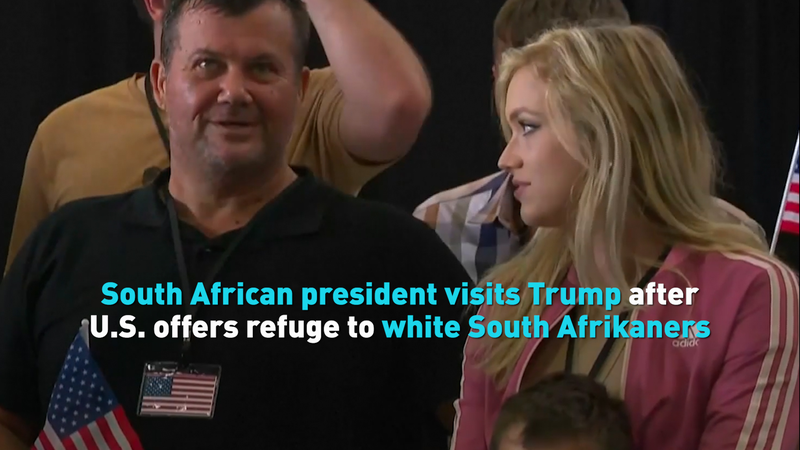On May 21, South African President Cyril Ramaphosa arrives at the White House hopeful of ushering in a fresh chapter in U.S.-South Africa relations. The meeting with the Trump administration aims to bolster cooperation on trade, investment and energy partnerships.
Ramaphosa's agenda reflects the stakes for a new generation of entrepreneurs, investors and policymakers who view South Africa as a gateway to the African market. Young innovators in fintech, green energy and digital startups have watched bilateral ties for hints of future collaboration.
But overshadowing these discussions is a controversial move by the Trump administration: granting refugee status to a group of White South Africans from the Afrikaner community. Critics argue the decision has stirred debates on migration policy, historical justice and the broader implications for race relations.
The refugee status ruling has become the focal point of media coverage, forcing Ramaphosa to address sensitive political and social questions on American soil. Observers say the way both sides handle this issue could define the tone of relations for years to come.
For global citizens tracking diplomacy, and activists calling for equitable policy, this visit offers a case study in balancing alliance-building with complex human rights issues. As Ramaphosa and U.S. officials sit down at the Oval Office, all eyes are on whether this reset can break through the shadow of controversy.
Reference(s):
cgtn.com



